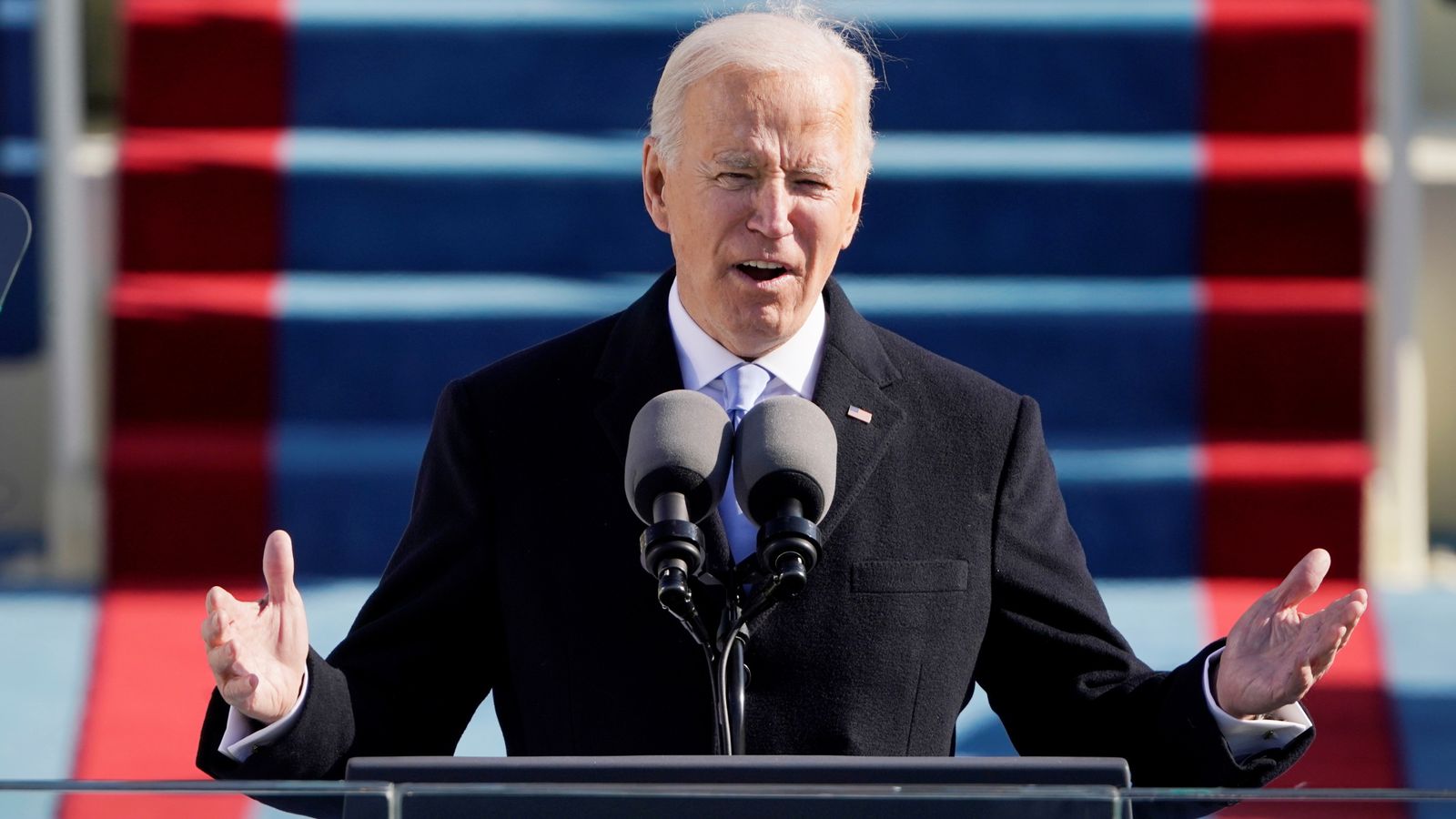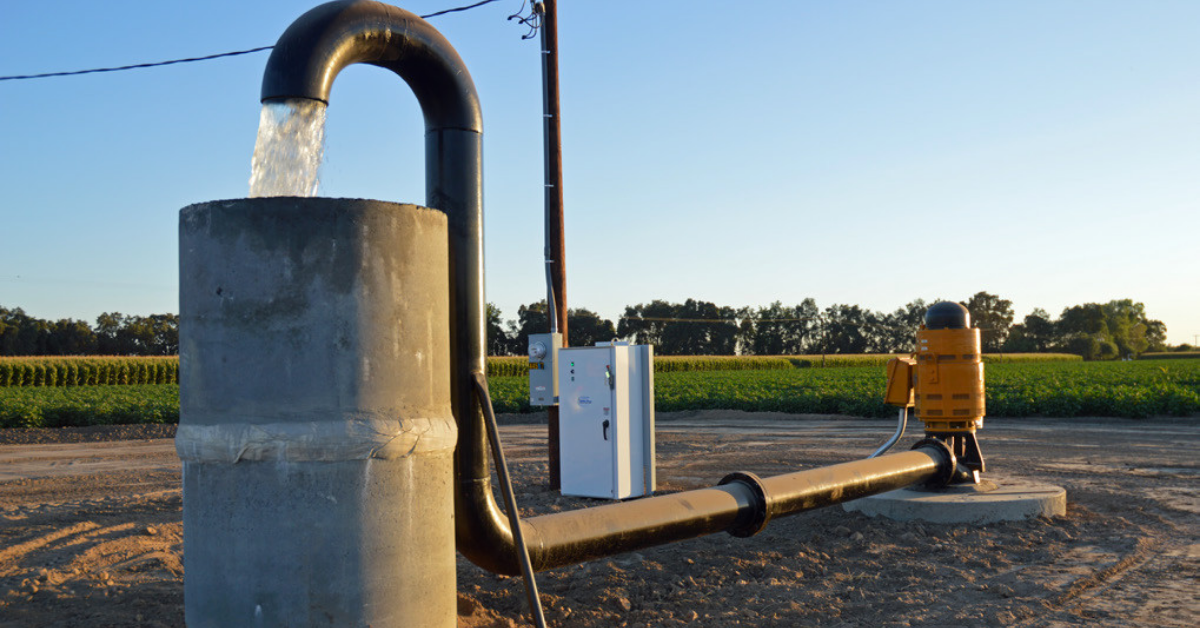The Kings County Farm Bureau (KCFB) is asking for help from its members and the surrounding community to fight its lawsuit against the state for putting the Tulare Lake Subbasin on probation for its groundwater management.
The KCFB announced Tuesday that it has created a SGMA Defense Fund to support the lawsuit.
The backstory: Then Gov. Jerry Brown signed the Sustainable Groundwater Management Act (SGMA) into law in 2014, setting up the current battle Kings County farmers are locked into with the state.
- SGMA requires groundwater sustainability agencies (GSA) to develop and implement plans to mitigate groundwater overdraft within 20 years.
Flashback: In April the State Water Board designated the Tulare Lake Subbasin as probationary and imposed a $20 per acre-foot extraction fee for groundwater that is pumped in the basin.
- The KCFB filed a lawsuit last month arguing that the probationary designation effectively throws out all local efforts to achieve groundwater sustainability, beginning a state-mandated management process from scratch that will be expensive and punitive.
The big picture: The KCFB said in Tuesday’s announcement that it needs to raise $400,000 to continue the battle to undo the probationary designation.
- “KCFB created the SGMA Legal Defense fund to steward contributions for the effort,” the KCFB said in a statement. “Contributions to this effort will be held in a dedicated account and only be used solely for the betterment of SGMA in the Tulare Lake Subbasin. KCFB will not financially benefit from this fundraising effort. This is community money fighting to preserve agriculture.”
- The KCFB is asking landowners in the Tulare Lake Subbasin to contribute $8 per acre to the battle and GSAs and landowners in and around the subbasin to contribute $4 per acre.










